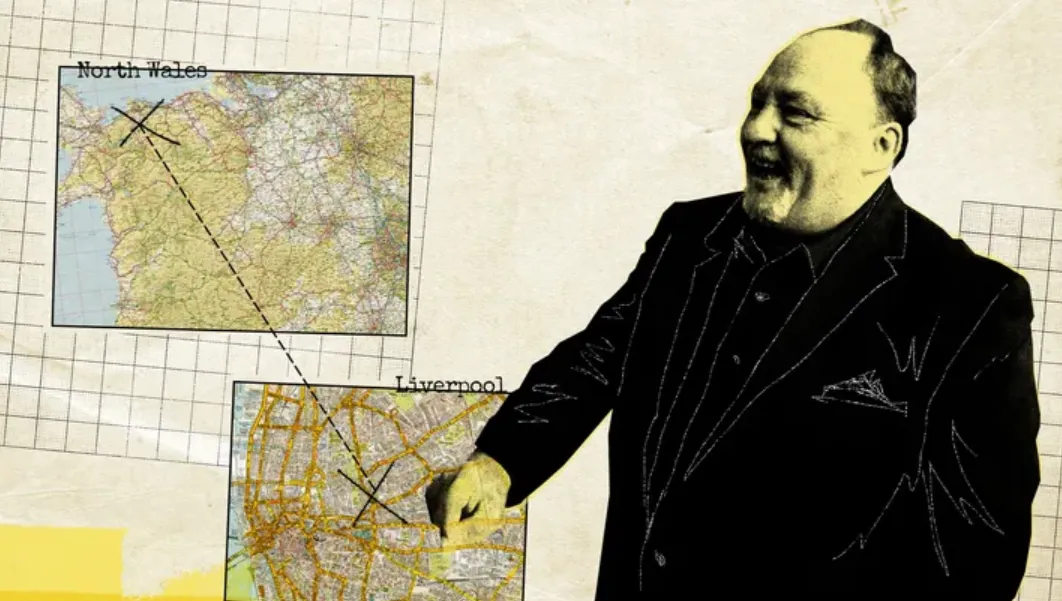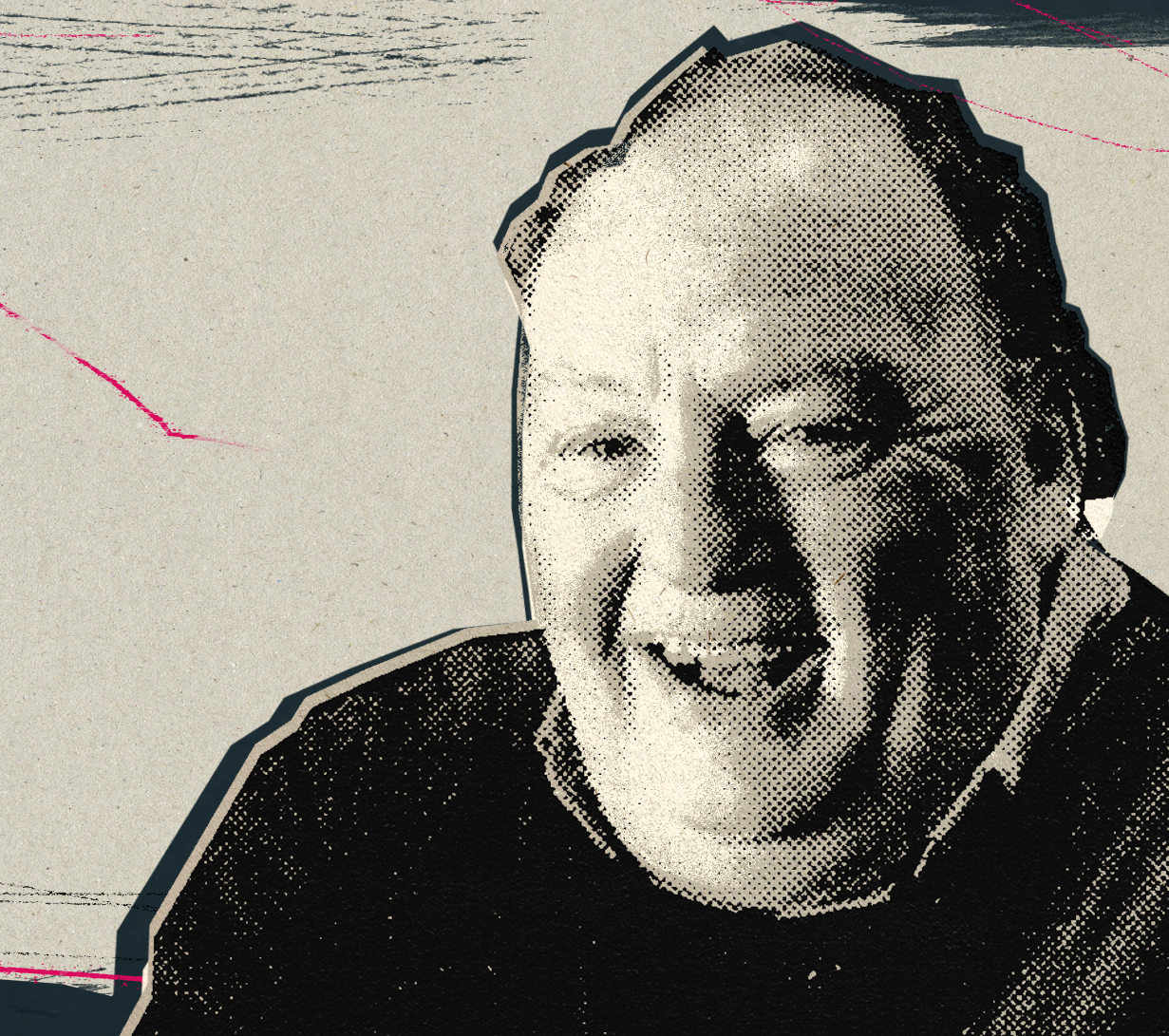A team effort

A celebratory note from Post HQ
Dear readers — we hope you’re having a great weekend.
Over the past year, you have been reading our stories about the Big Help group — a confusing empire of charities and for-profit companies controlled by the former Labour councillor Peter Mitchell. Our investigation began in the summer of 2023 and has become our most-read story since we started The Post, exposing financial irregularities and other wrongdoing at what was previously a much-lauded organisation.
Well, we have some good news on that front: Our investigation has just been shortlisted for a British Journalism Award, one of the country’s most prestigious media prizes! It’s the first time we’ve been nominated at a major national awards ceremony and we’re incredibly excited to get this kind of recognition.
The investigation we launched into Big Help was part of a broader investigation undertaken with our sister publications in Manchester and Birmingham into the murky world of “exempt accommodation” — a form of housing that is supposed to offer extra support to some of the most vulnerable people in society but in recent years has turned into a crass money-making opportunity for private investors in the City of London. Our stories about Big Help exposed an organisation that seemed more concerned with moving money around between an array of corporate entities than looking after vulnerable tenants, resulting in some horrifying stories.

This is the first time we’ve attempted such an ambitious multi-city investigative project. As we learned more about Big Help, our colleagues in Manchester and Birmingham were pulling on similar threads in their own patches, finding non-profit companies that looked like they were acting similarly to Big Help, often signing unrealistically long leases on vast numbers of properties and thereby artificially inflating their values to the benefit of property investors. In effect, we created an investigative unit that had the financial expertise to dig into a complex and sprawling story. It meant that when we were threatened with lawsuits by expensive lawyers, we had the confidence to keep publishing.
Being shortlisted for this award represents a huge vote of confidence in our journalism and its ability to hold the powerful to account. But it goes deeper than that — it’s a testament to our outstanding community of readers, who fund our work with their subscriptions.
It simply would not be possible to do this work if we didn’t have more than 1,700 of you backing us as members. People pay to be members of The Post because they want to read all our journalism, much of which is members-only. But they also pay because they want to be part of something that is a force for good in this region: telling important local stories and turning over stones that need turning over. There are a lot of negative trends in British society at the moment — and certainly plenty in British media, too — but our members are helping us to build something positive.
If you’re already a Post member: thank you for helping us to get to this point. When we started out a few years ago, we didn’t imagine we’d be shortlisted at the British Journalism Awards or have the capability to pull of stories like our work on Big Help. The main reason we’ve been able to do that is the faith you showed in us and the backing you have given us. Our team of staff writers and editors is merely part of a much wider team of people who have made this happen, thanks for being part of it.
If you’re not a member yet, please join up. The first reason to do so is that you will get fantastic writing and unmissable local stories in your inbox every week that are currently sitting behind a paywall — including cultural pieces, political analysis and the unmissable broadsides of writers like David Lloyd. Paying £7 a month to get lots of extra Post journalism is just objectively a very good deal that will make your life better and your brain more informed.
The second reason is that journalism isn’t free. We might send you lots of free articles every month, but that doesn’t mean it’s free to produce. Far from it. The reason our journalism looks and feels different to what you can get on the ad-filled corporate media sites is that it’s made differently. We give our writers a whole week (and sometimes much longer) to report on a story rather than a few hours, so that they can speak to all the people they need to. We go back and forth with editors and lawyers. We do “fact check” calls with sources to try our absolute best to get things right, because we know at the local level, getting things right really matters to people.
If you agree with that approach and you want to help us get to 2,000 members in the next few months, please jump on board. This kind of journalism is a team effort and given who we’re up against, we need all the team members we can get.


Comments
Latest
Cheers to 2025
Searching for enlightenment in Skelmersdale
I’m calling a truce. It’s time to stop the flouncing
The carnival queens of Toxteth
A team effort
A celebratory note from Post HQ